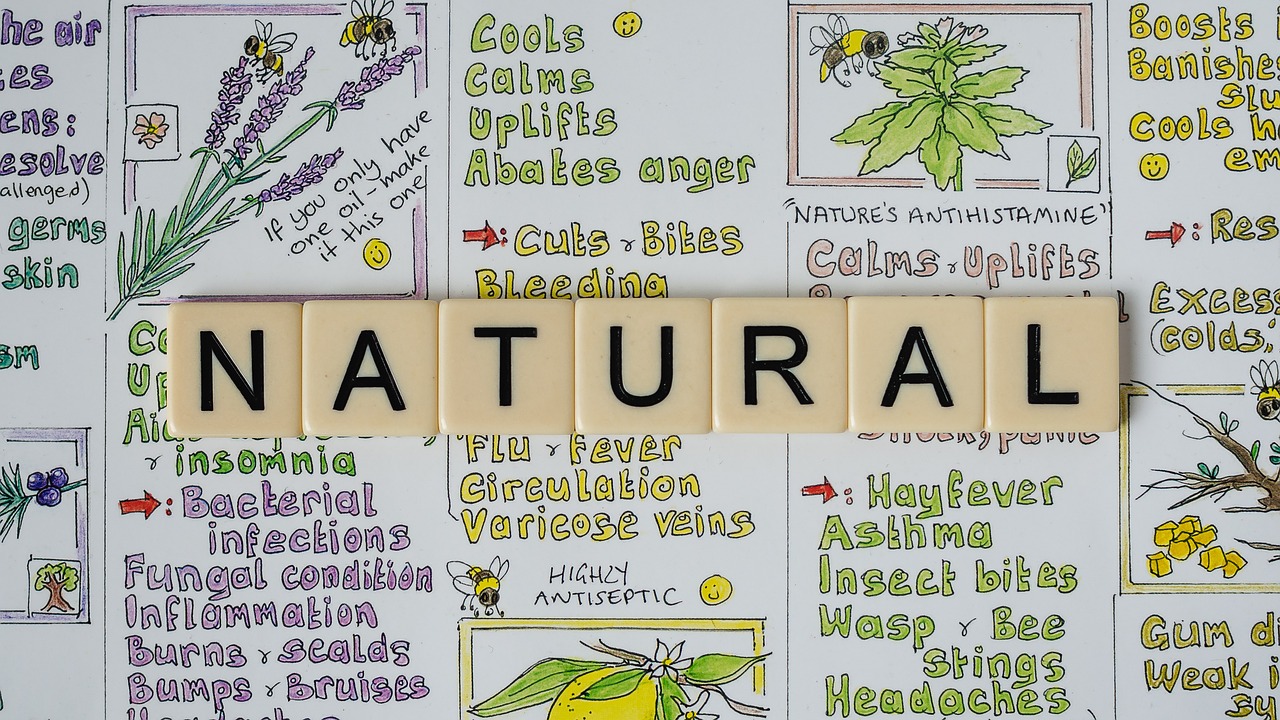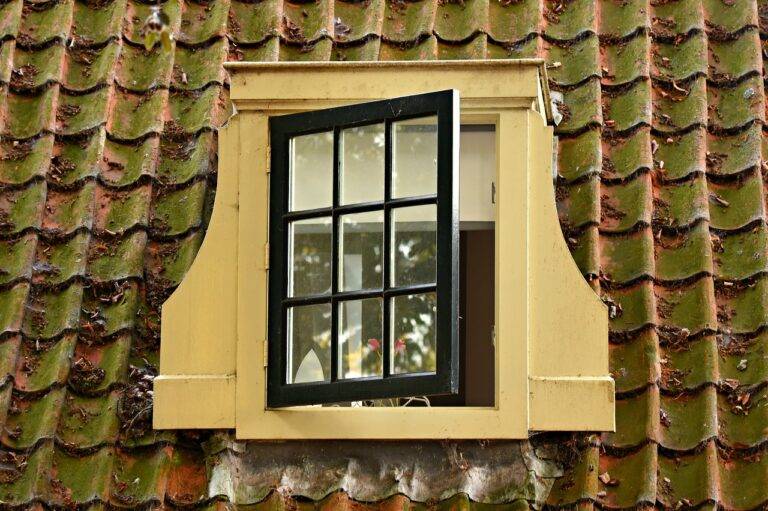Mindful Waste Management Education: Teaching Kids About Recycling, Composting, and Reducing Single-Use Plastics
When it comes to educating children about waste management, it is crucial to instill in them the values of responsible consumption and mindful disposal. By teaching kids about the various types of waste and their impact on the environment, we can empower them to make informed decisions that contribute to a more sustainable future. Helping children understand the importance of reducing, reusing, and recycling waste not only cultivates good habits but also fosters a sense of environmental stewardship from a young age.
Furthermore, by involving children in waste management practices, such as sorting recyclables or participating in clean-up activities, we can encourage them to take an active role in preserving the planet. Through hands-on experiences, kids can witness firsthand the positive effects of proper waste management and develop a deeper understanding of their role in protecting the environment. By teaching children about waste management, we are not only shaping responsible individuals but also nurturing a generation that values sustainability and cares for the world around them.
Understanding the Impact of Recycling on the Environment
Recycling plays a crucial role in protecting the environment by reducing the amount of waste sent to landfills. Every item that is recycled helps in conserving natural resources, such as trees, water, and minerals. By reusing materials like paper, glass, and plastic, recycling lessens the demand for new raw materials, ultimately decreasing deforestation, water pollution, and intensive mining practices.
Moreover, recycling also helps in lowering greenhouse gas emissions that contribute to climate change. When materials are recycled, the amount of energy needed to produce new products is significantly reduced. This results in decreased carbon dioxide emissions and other harmful pollutants released during the manufacturing process. By actively participating in recycling efforts, individuals can make a tangible impact on mitigating the environmental consequences of excessive waste production.
• Recycling reduces the amount of waste sent to landfills
• Helps conserve natural resources like trees, water, and minerals
• Lessens demand for new raw materials, decreasing deforestation and pollution from mining practices
• Lowers greenhouse gas emissions that contribute to climate change
• Reduces energy needed to produce new products
• Decreases carbon dioxide emissions and other harmful pollutants released during manufacturing
By understanding the impact of recycling on the environment, individuals can make informed decisions about their consumption habits and waste disposal methods. It is essential for everyone to actively participate in recycling programs and initiatives to help protect our planet for future generations. Making small changes in daily routines, such as separating recyclables from trash or choosing products with minimal packaging, can collectively lead to significant positive outcomes for the environment. Let’s all do our part in preserving the Earth’s natural resources through responsible recycling practices.
• Individuals should actively participate in recycling programs
• Make small changes in daily routines to reduce waste
• Choose products with minimal packaging to minimize environmental impact
Introducing Kids to the Concept of Composting
Composting is a simple yet impactful way to teach kids about environmental responsibility. By involving children in the process of composting, they not only learn about the importance of reducing waste but also witness first-hand how organic waste can be transformed into nutrient-rich soil for plants. Engaging kids in composting activities can help instill in them a sense of stewardship towards the environment, encouraging them to think critically about the waste they generate and its effect on the planet.
One effective way to introduce kids to composting is by starting small, with a simple kitchen compost bin. Encourage children to separate fruit and vegetable scraps, coffee grounds, and eggshells from their regular trash and deposit them in the compost bin. As they observe these organic materials decompose over time, they begin to grasp the concept of recycling nutrients back into the soil, fostering a deeper connection to the natural world. By making composting a fun and interactive activity, kids can develop a lifelong habit of sustainable practices that benefit both the environment and future generations.
Why is it important to teach children about waste management?
Teaching children about waste management helps instill a sense of responsibility and care for the environment from a young age. It also helps them understand the impact of their actions on the planet.
How does recycling benefit the environment?
Recycling helps reduce the amount of waste sent to landfills, conserves natural resources, and reduces pollution. By recycling, we can help protect the environment for future generations.
What is composting and how does it work?
Composting is a natural process that turns organic waste into nutrient-rich soil. By collecting food scraps, yard waste, and other organic materials in a compost bin, these materials break down over time to create compost that can be used to enrich soil in gardens.
How can I introduce my kids to the concept of composting?
You can introduce your kids to composting by involving them in the process. Teach them what can be composted, how to collect materials, and how to maintain a compost bin. Encourage them to see the transformation of waste into valuable compost.







